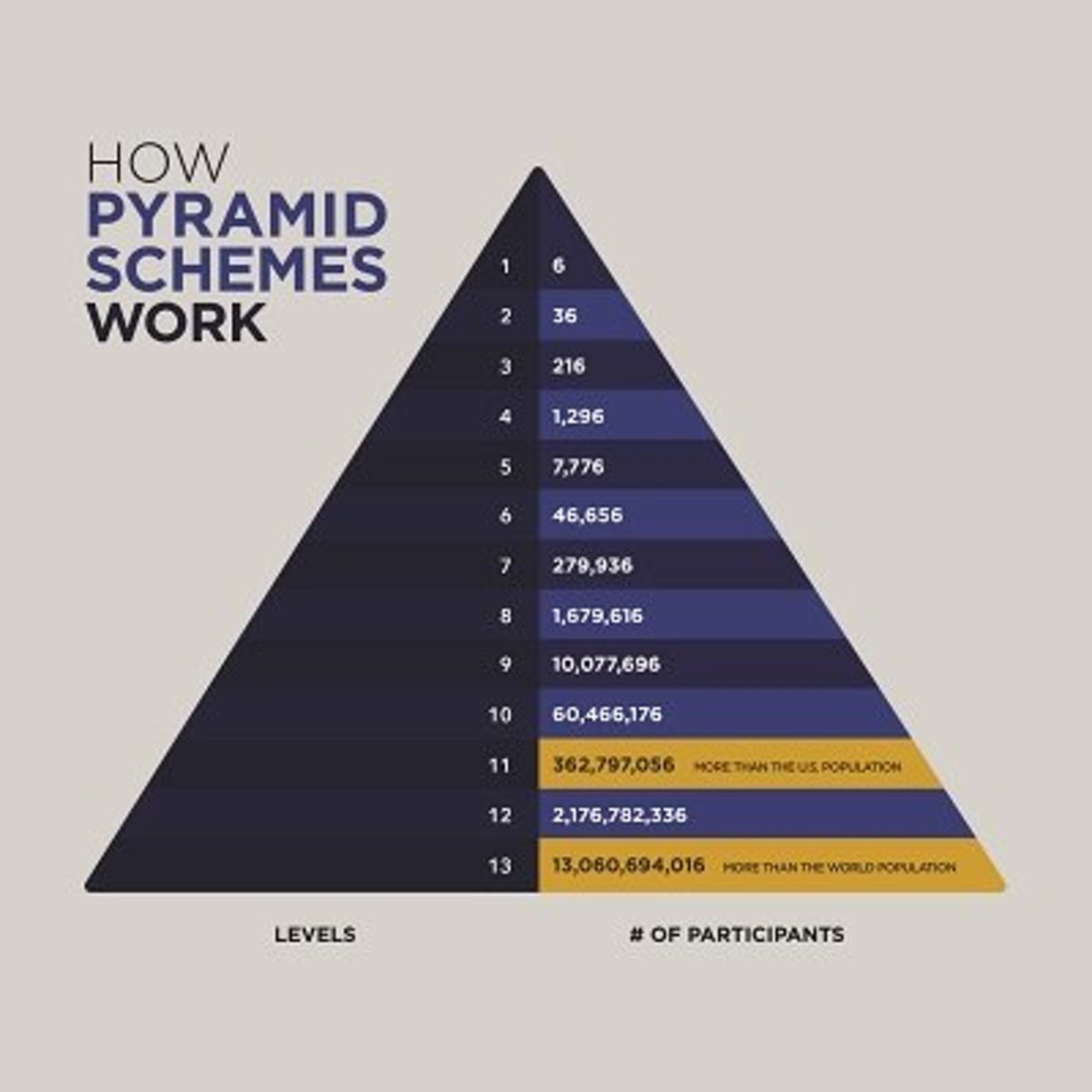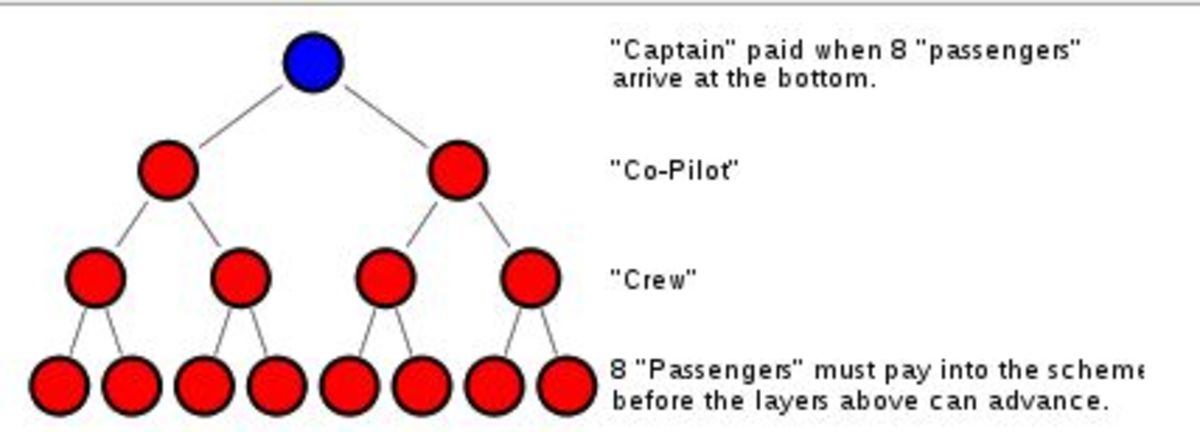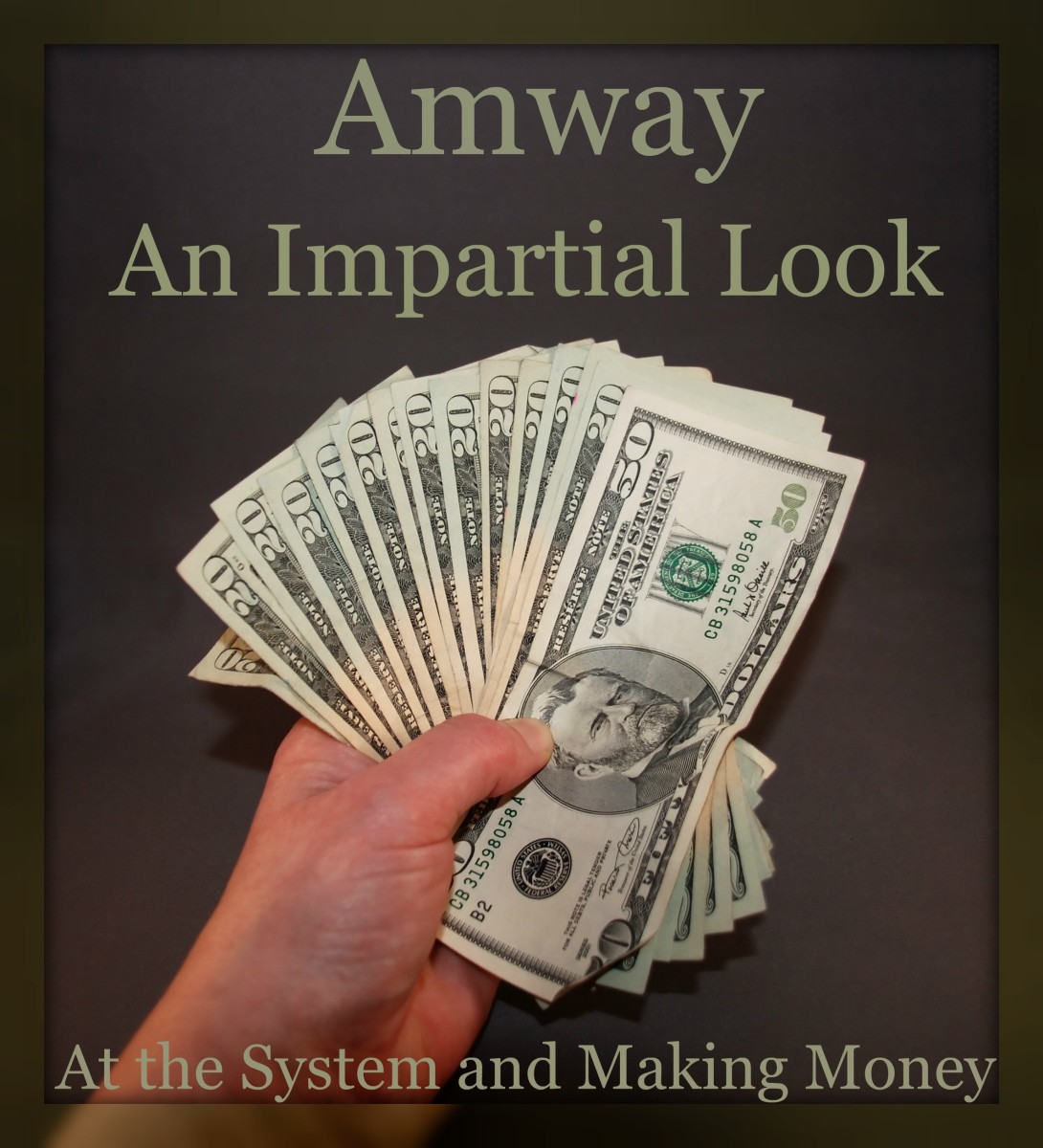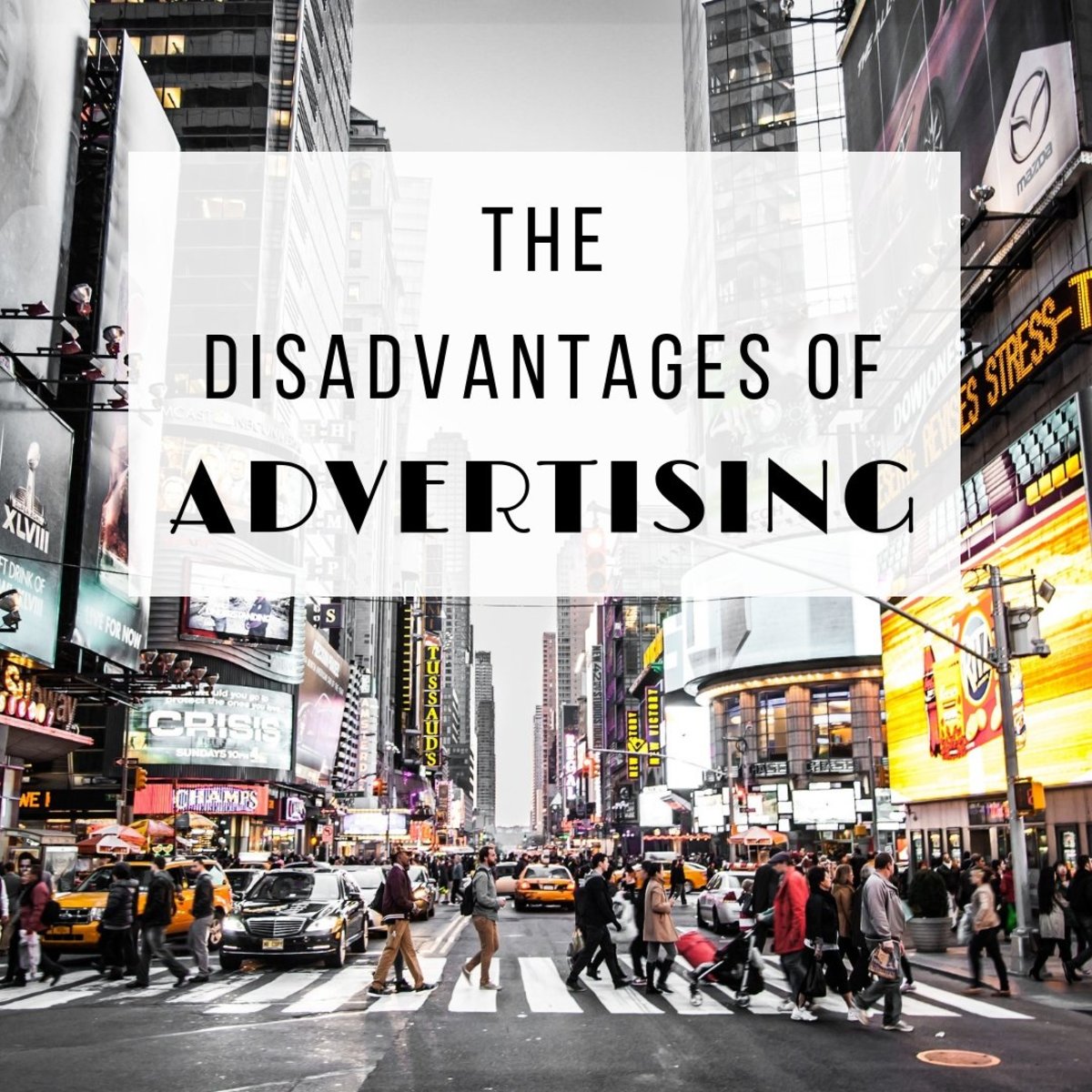7 MLM Myths Busted: Product does NOT mean legal / illegal, anti Pyramid law, and other Network Marketing Myths explained
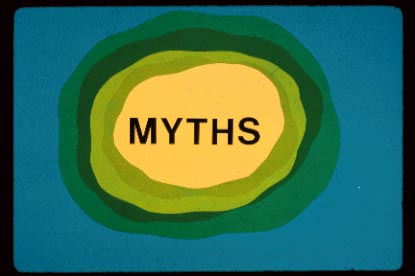
Introduction
In studying multi-level marketing, and its evil twin, the pseudo-MLM scam, I came across many myths, misinformation, and outright lies perpetrated by scammers, naïve participants who were mislead, or so-called "network coaches" who simply don't know any better, trying to claim that a pseudo-MLM scam is in fact, its "good" twin, multi-level marketing.
We will highlight seven myths on what makes a MLM legal, as told by the perpetrators, and explain the reality behind these myths, and why they are not quite true.
Please note that I will be citing US law and US cases in the past. If you are in some other country, you will need to check your local resources. I am not a lawyer, so I will be citing articles written by lawyers who specialize in MLM law.
North Carolina law N. C. St. 14-291.2(b) defines "pyramid scheme" as:
[a]ny program utilizing a pyramid or chain process by which a participant gives a valuable consideration for the opportunity to receive compensation or things of value in return for inducing other persons to become participants in the program.
Myth: This MLM is a Legal Business
Status: Maybe
A MLM is not legal just because it claim to be a MLM, or adopt a MLM business model. It must also satisfy some stringent tests to make sure it is not a pyramid scheme. The moment it slips past the boundaries, it becomes a pyramid scheme, and thus, illegal. There are also scams that claim to be MLM, but is in fact, pyramid scheme, since it proclaims "you do not need to sell any products".
The boundary between MLM and pyramid scheme is not clearcut and exact, because new variations and schemes are invented every day trying to blur the line. However, the law, which can go under several names, such as pyramid scheme, endless chain, business chain, and so on, has the same 4 elements:
1) a program in which;
2) participant pays to join; and thus
3) gets opportunity or chance to get compensation; of which
4) compensation is "earned" by participant by recruiting others to pay and participate
If all four factors are present, it is a pyramid scheme.
" If a program compensates participants, directly or indirectly, merely for the introduction or enrollment of other participants into the program, it is a pyramid." -- Grimes and Reese, http://www.mlmlaw.com
Myth: This MLM pays on mixture of sales and recruiting, so it is legal
Reality: False
A legal MLM can ONLY pay commission upon sales by downline(s).
ANY sort of bonus on recruiting only, whether "per head" or "filling a matrix", whether mixed with sales commission or not, is illegal, because it would fit the definition of "pyramid scheme", as explained before.
If one part of the compensation package is an illegal pyramid scheme, the ENTIRE BUSINESS then is an illegal pyramid scheme (albeit with some legal aspects).
Myth: This MLM has a product, therefore it is legal
Reality: False.
The "Amway Rules", as a part of compromise reached between FTC and Amway, has three items of note regarding product(s) and inventory:
1) "inventory loading" is NOT legal -- unscrupulous uplines force downlines to buy a ton of inventory (which are far too numerous to be resold), i.e. "load the downline with inventory" so upline can earn the sales commission. Basically, it is a way to "game" the pyramid scheme definition by disguising compensation as sales.
2) product sales must be to "ultimate user" -- most of the sales, 70% as per Amway rule, must be to ultimate user, which, according to the case FTC vs. Omnitrition, means people who are NOT distributors. In other words, "internal consumption", i.e. distributors who buy stuff for their own use, is NOT legal!
3) there must be product buyback -- company must have a buy-back or repurchase policy where it will buy back inventory that cannot be sold by the distributors. This is to allow distributors to get their money back if they were victim of "inventory loading", as explained above.
Merely having a product does not make the scheme legal. it must also follow the three rules outlined above. And even then, the rules must be enforced.
Myth: This MLM has a "sales requirement" rule, so it is legal
Reality: Maybe
MLMs that requires its member to sell to a minimum of X retail customers (thus encouraging it to follow the 70% sales rule) are NOT necessarily legal, because the rules may be on the books, but never enforced, and unenforced rules cannot be used as a defense.
In the case FTC vs. Omnitrition, FTC charged that Omnitrition is a pyramid scheme because the "distributors" are loading inventory that can't be used, and the "Amway rules" were not followed.
Omnitrition responded that it has signed statements from the distributors where they promise to have at last 10 retail customers, and certify that 70% of their sales are to ultimate users.
However, further investigation showed that such certification was never audited, and actual audits indicate the 70% rule was rarely followed.
Myth: This MLM has inventory buyback, so it is legal
Reality: Maybe
One of the three "Amway Rules", the inventory buyback rule, is designed to 1) limit inventory loading, i.e. make sure the members don't get stuck buying too much inventory that could never be sold in a reasonable amount of time, and 2) make sure the inventory was sold to ultimate users. The actual implementation may vary, but the eligibility must be for a reasonable period of time (more than 3 months), and repurchase needs to be at least 90% of original wholesale price.
Having inventory buyback rules that nobody have ever used or or found it impossible to use, can still makes the company ILLEGAL. Some state and jurisdictions have more specific requirements on the buy-back program such as longer period of eligibility, maximum amount, and so on. Failure to follow those can make the company illegal.
Check your state's MLM legislation and make sure the rules are followed, or your MLM may be illegal.
Myth: This MLM follows every Amway rule, so it is legal
Reality: Probably, but not always
Again, if the rules are NOT enforced, then it will be declared illegal and sued for large amount of damages.
Another danger is "auto-ship", where inventory is sent to a "subscriber" automatically, every month. While auto-ship is great for cutting down paperwork and generates sales, it has two major problems:
1) If the autoship is to a new member, that's considered self-consumption. Unless the new member has many OTHER ultimate consumers (i.e. NOT members) and can prove 70% rule can be satisfied, autoship would make the MLM an illegal pyramid scheme.
In fact, auto-ship can be considered "inventory loading", albeit done over a longer period of time, if the inventory was shipped to member, not the ultimate user.
2) Auto-ship can potentially change the relation between the member / distributor and the company. Instead of an "independent distributor", the member may become in fact, a "franchise" purchaser or "business opportunity" purchaser, and those are governed by VERY DIFFERENT LAWS than MLM, and are significantly more restrictive and require more disclosure.
In "California vs. YTB" case, California attorney general (now Governor) Jerry Brown charged YTB with unlicensed business opportunity selling and unlicensed marketing plan selling, in addition to being a pyramid scheme. YTB was eventually forced into a settlement and agreed not to business in California.
Myth: This is not MLM, but a "buyer's club", so it's legal
Reality: False
Merely "claiming" to be a buyer's club does not make the company a buyer's club in fact.
A buyer's club's primary purpose is to provide discounted goods to members. If such a club's primary purpose is instead, to promise its members substantial income for introducing other members, then it is actually a pyramid scheme and therefore illegal.
If your opportunity claims to be a buyer's club, then it is NOT a business or income opportunity. Then why are you in it? If it claims to be a buyer's club, and ALSO an income opportunity, then it is clearly NEITHER!
Buyer's clubs are regulated by individual states in the US and requires registration with state offices, posting of bonds, and so on. In fact, the process to be a legal buyer's club is even MORE strenuous than be a legal MLM, and is usually discouraged by MLM attorneys.
Conclusion
I hope you have learned something about MLM, and learned how some MLM facts have been misrepresented by unscrupulous or naïve members for their own gains. I have since came to the conclusion that there are 5 fatal flaws in MLM that allows it to be VERY easily abused, and existing laws in US and elsewhere are not doing enough to protect the public from scammers out to make a quick buck. Many MLM members use cult tactics to control downline by cloaking it as "avoiding negativity".
Be careful out there.


